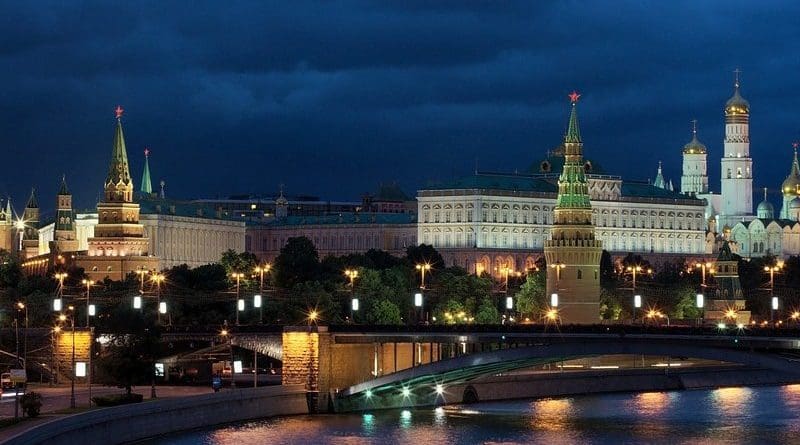Idea That Russian People Can Peacefully Overthrow Kremlin Dictatorship Is A Myth – OpEd
By Paul Goble
The idea that the Russian people can peacefully overthrow the Putin dictatorship is the product of the experience of Eastern European countries after 1989 and the non-Russian republics of the USSR in 1991, Nikolay Mitrokhin says. But it is totally inapplicable to Russian conditions now and thus represents a self-deceptive “myth.”
The Russian analyst now at Bremen University says that what happened in 1989 and 1991 would be possible in Russia if and only if the regime were again as then either weakened or decided on its own not to use force to defend itself (echofm.online/opinions/o-reczeptah-krusheniya-avtoritarnyh-i-totalitarnyh-rezhimov).
When Gorbachev on his own decided not to use force to retain the Soviet empire abroad or within the confines of the USSR, power there rapidly shifted to groups that were prepared to exploit the situation. But if he had not decided on that course, the history of 30 years ago would have been entirely different.
Even the weakest and least popular” of dictatorships, Mitrokhin argues – and he gives the current Syrian regime as an example – can use their police powers to remain in place because “the latter are designed in such a way that if they receive a clear command to shoot at civilians, they will do so.”
“Therefore,” he continues, “the idea that you can simply gather a large crowd and ‘take power,’” an idea much of the Russian opposition is enamored with, “works only in one case: if power is lying in the streets and can be picked up” by anyone.
“This is clearly not the case in Russia, Belarus or Iran,” he says; and “that is precisely why mass protests do not work even in countries like these if the opposition somehow manages to bring a significant number of people into the streets.” As long as those in power have a loyal police force, intelligence service and army, these dictatorships will remain in place.
Mitrokhin warns in conclusion that seeking to use “underground guerilla warfare” against such regimes works even less well. These regimes “know how to deal with that phenomenon ever better” than they do with crowds.”

